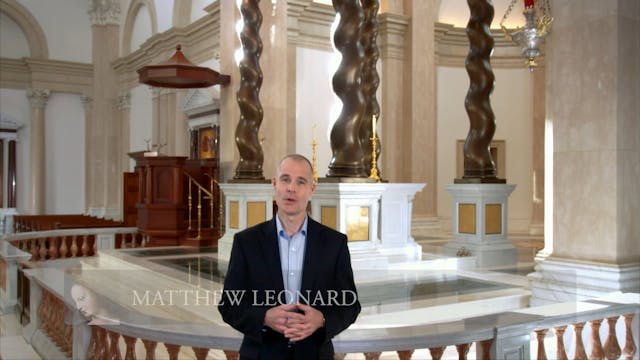• Between the two world wars, on a hike in the English countryside, Professor John Hill takes refuge from a violent storm in a cave. There he nearly loses his life, but he also makes an astonishing discovery - an ancient manuscript housed in a cunningly crafted metal box. Though a philologist by profession, Hill cannot identify the language used in the manuscript and the time period in which it is was made, but he knows enough to make an educated guess - that the book and its case are the fruits of a long-lost, but advanced civilization.
• The translation of the manuscript and the search for its origins become a life-long quest for Hill. As he uncovers an epic that both enchants and inspires him, he tracks down scholars from Oxford to Paris who can give him clues. Along the way, he meets several intriguing characters, including a man keenly interested in obtaining artifacts from a long-lost civilization that he believes was the creation of a superior race, and will help him fulfill his ambition to rule other men. Concluding that Hill must have found something that may help him in this quest but knowing not what it is and where it is hidden, he has Hill, his friends at Oxford, and his family shadowed and threatened until finally he and Hill face off in a final, climatic confrontation.
• A story that features a giant pirate and slaver, a human chameleon on a perilous metaphysical journey, a mysterious hermit, and creatures both deadly and beautiful, this is a novel that explores the consequences of the predominant ideas of the 20th Century.
Up Next in Most Popular
-
La esclava del Señor
En esta sesión, vamos a continuar en la misma línea que el resto, y enfocarnos en la historia de la Anunciación en el Evangelio de Lucas. También vamos a aprender sobre una herramienta importante para el estudio de las Escrituras llamada "tipología".
-
Colón: Aventuras al fin del mundo
Es la emocionante y verídica historia de un niño que soñaba con navegar al otro lado del mar y que, gracias a su valentía y determinación, cambió para siempre la historia del mundo.
Después de navegar por 37 días en la inmensidad del océano, tres carabelas esperan el amanecer del 12 de octubre... -
The Covenants | Themes | The Bible Pr...
The Bible’s main way of talking about God’s relationship to humanity is the image of a partnership. This video traces the way God entered into a series of formal relationships with various human partners in order to rescue the world through Jesus, the ultimate covenant partner.
The Bible Project...




6 Comments